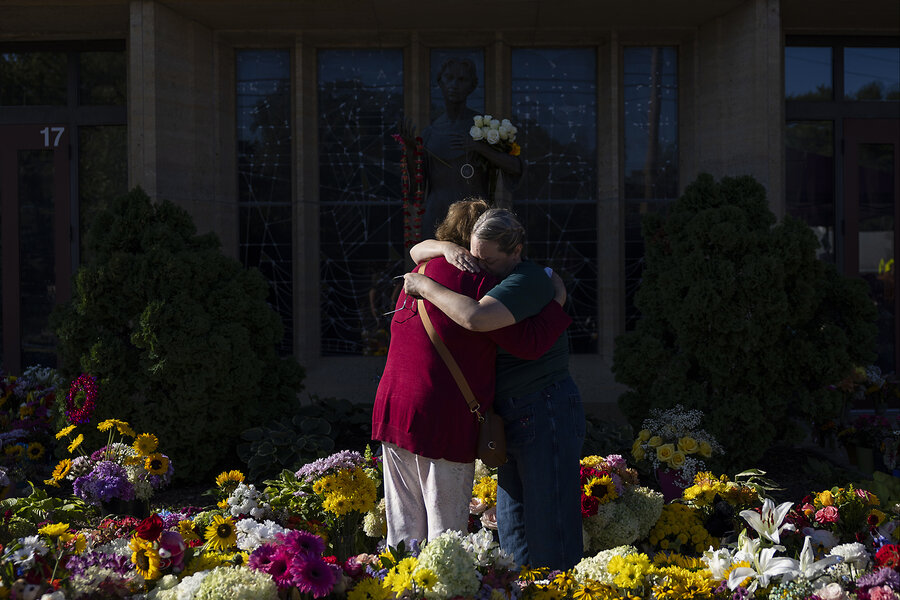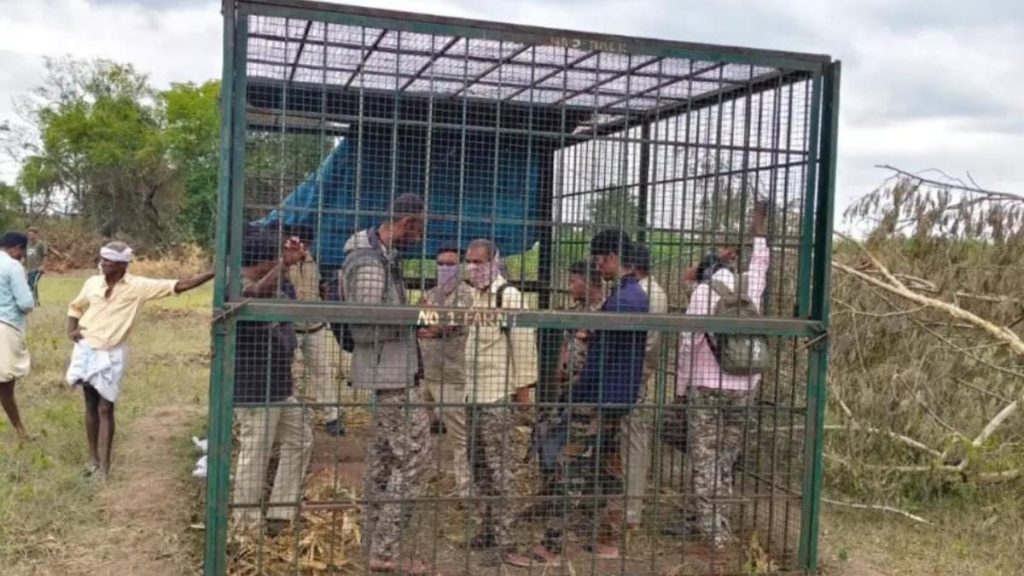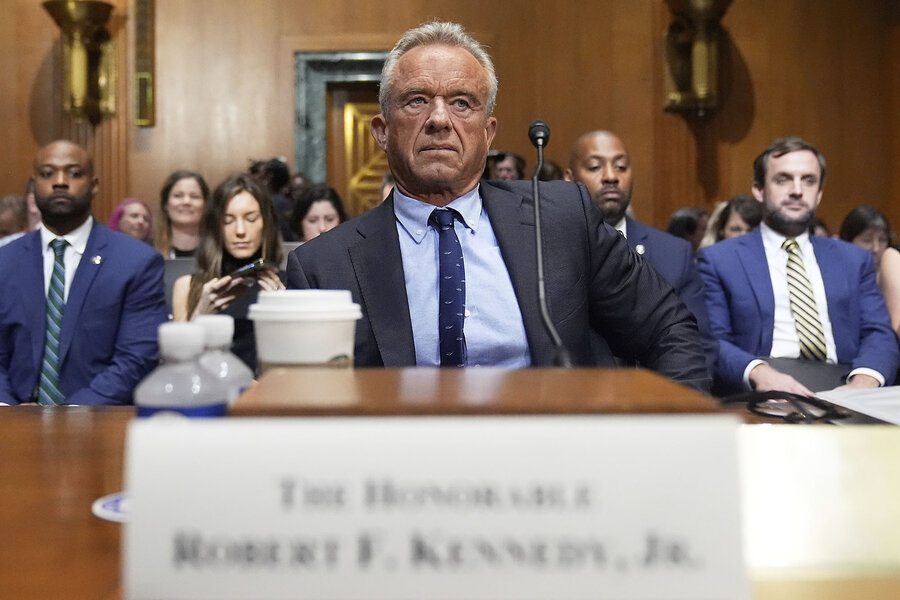Now Reading: Missed Clues in Minnesota Shooting Highlight Gaps in Red Flag Law Enforcement
-
01
Missed Clues in Minnesota Shooting Highlight Gaps in Red Flag Law Enforcement
Missed Clues in Minnesota Shooting Highlight Gaps in Red Flag Law Enforcement

Quick Summary
- A 23-year-old Minnesota resident attacked a Minneapolis church, killing two children and injuring 21 others. His manifesto hinted at violence before the attack.
- Minnesota passed red flag laws in May 2023, allowing citizens and police to petition for emergency removal of firearms from individuals posing threats.
- The suspect did not have a criminal record, and no emergency risk protection order was sought against him despite “missed clues.”
- Red flag laws aim to prevent violence by identifying potential threats early but rely on awareness and action by individuals or law enforcement.
- Law enforcement filed twice as many red flag petitions in St. Paul this year compared to last year. However, rural areas lack awareness of these laws.
- Critics argue the laws can be misused or exploited, while proponents highlight their lifesaving potential with measurable impact in other states like California.
Indian Opinion Analysis
The tragic Minnesota shooting highlights both the possibilities and limitations of red flag laws when addressing crises that could lead to gun violence. While evidence shows these measures can save lives-for instance through interventions against suicide or preventing mass shootings-their effectiveness is tied directly to public understanding and willingness to act on warning signs. India’s experience with similar preventive mechanisms (e.g., social behavior monitoring) suggests that community engagement paired with legal safeguards may bolster outcomes.
The ethical challenges mentioned-such as balancing intervention with misuse concerns-echo dilemmas India faces across various policymaking scenarios related to personal rights versus public safety (e.g., surveillance reforms). Emulating best practices from regions like Maryland where civilian participation complements police action could offer Indian policymakers lessons on creating holistic implementation strategies for any parallel system dealing with crisis containment.
























